Does your pet cat need to be vaccinated? Of course, it does! Just like human beings, cats require vaccines to be protected from various diseases. You should be even more careful and particular about cat vaccination since they cannot tell you when they feel unwell.
Cat vaccination is the best way through which you can prevent your pet from catching common diseases. However, the world of cat vaccination can appear daunting to a newcomer, which is why we have a guide for different types of vaccination ready for you!
Core vaccinations
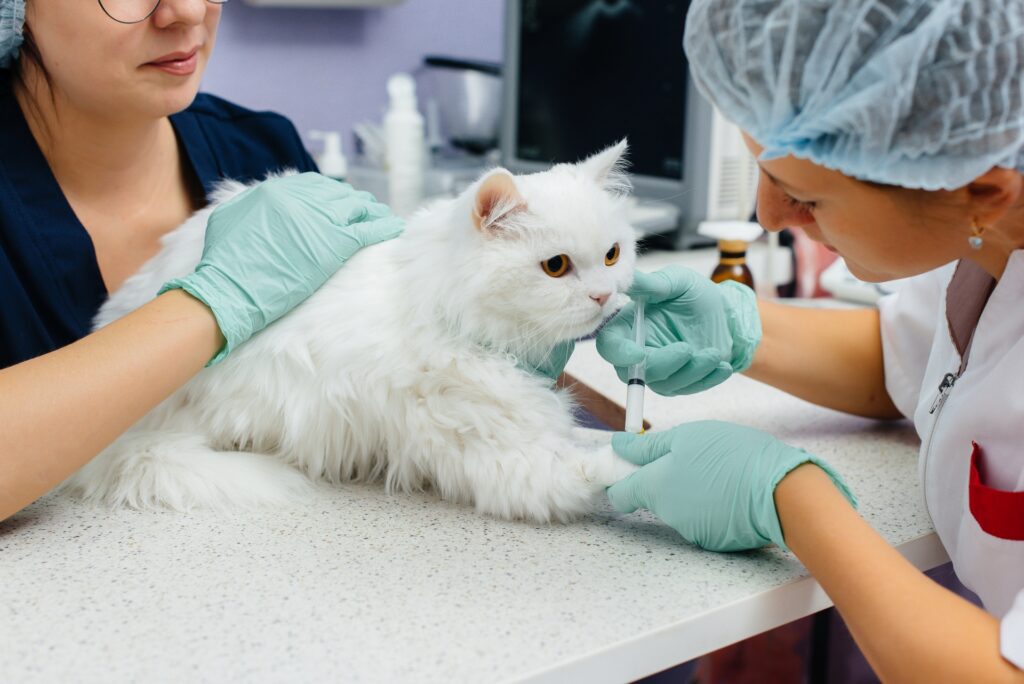
Certain cat vaccination shots are considered to be “core” vaccines by veterinary doctors. This is because these shots protect your pet cats from major potent diseases that can seriously impact the length and quality of their life. Your pet cat must be vaccinated against the following three diseases if you want to ensure that it lives a long and healthy life:
Calicivirus:
Vaccinating against this virus protects your cat from developing respiratory diseases. Such diseases can become extremely painful since they may lead to nasal ulcers.
Herpesvirus:
Herpesvirus can also be found in cats and is a common cause of respiratory diseases among them. Get your cat vaccinated against this virus to prevent them from catching this disease, which is also prone to flaring up after every couple of months if contracted.
Panleukopenia:
This is one of the most serious diseases found in cats and can lead to deficiency in blood, vomiting, and brain damage in the severest of cases. Vaccinating your cat against this will ensure that they do not catch this debilitating disease which can cause their quality of life to deteriorate drastically.
Non-core vaccinations
Non-core cat vaccinations are not necessary for all cats. However, depending on your cat’s way of living and past history, certain diseases may be more prone to catching. For this reason, your vet may suggest some of the following non-core vaccinations for your cat:
Leukemia:
Out of all non-core vaccines, the one against feline leukemia is the most important. Leukemia in cats can lead to a weak immune system, which can cause chronic illness and have long-term harmful effects on your cat’s health.
Feline Immunodeficiency Virus (FIV):
If your cat likes to stay outside and interact with other cats, your vet will definitely recommend the FIV vaccine. This is because cats may contract FIV when they are bitten by their feline rivals and can suppress their immune system to a dangerously low level.
Does the law require a vaccination?
Strictly speaking, the law does not require your cat to have any specific vaccinations. However, cat vaccination against rabies is required in some US states. This is because rabid cats can harm humans, and cat vaccination ensures that our feline friends do not contract rabies. It also removes any possibility of the disease being transmitted from them to humans.
Vaccinating Kittens
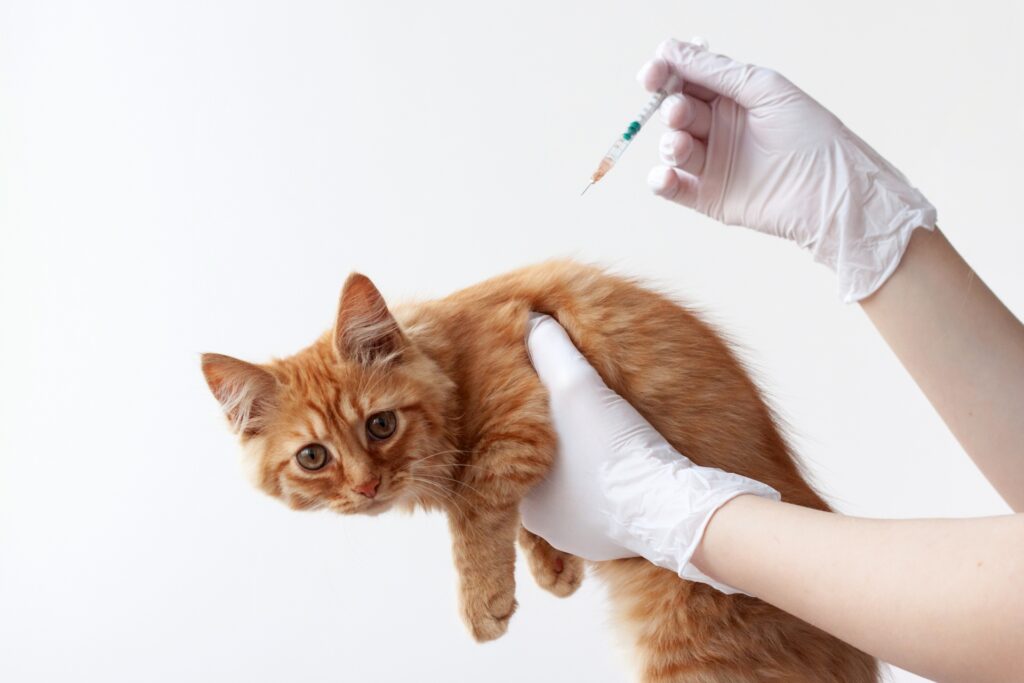
If you have obtained a new kitten, you will want to start a vaccination schedule at once. Kitten shots may seem scary, but they are not! The “FVRCP” cat vaccination is a combination vaccine of the three core vaccines mentioned above (rhinotracheitis, panleukopenia, and calicivirus). The FVRCP vaccine can be administered to your cat any time till it is about 15 weeks of age.
When your kitten is about 11 weeks old, kitten vaccinations against feline leukemia in addition to the FVRCP will be administered to it. Finally, at about 15 weeks of age, the vet will administer all three vaccines: FVRCP, feline leukemia, and rabies to your kitten, marking its transition into adulthood.
Vaccinating Adult Cats
Once you have completed the vaccination schedule for kittens, the vet is likely to start administering cat vaccination annually. After every year, the vet will administer the following three vaccines to your adult cat: FVRCP, feline leukemia, and rabies.
Are there any side effects?
Like human beings, cats may display specific symptoms after being freshly vaccinated. These include some soreness at the site of the injection or a mild allergic reaction. In rare cases, vaccination may lead to tumors or immune diseases. However, these severe side effects are extremely rare, and the chance of their occurrence is far outweighed by vaccination’s health benefits.
Making a cat vaccine schedule
The best way to make a cat vaccination schedule is to consult your vet. As soon as you get a new cat or kitten, visit the veterinary doctor and allow him to examine the pet. The vet will recommend which cat vaccination schedule is best for your particular pet based on his findings. The vet usually considers the overall health of your cat, its style of living, age, and breed before recommending a cat vaccination schedule.
For instance, if your cat is more prone to living outdoors, it may be at a greater risk of catching certain viral diseases, which is why it should be vaccinated against these as soon as possible. While you’re developing a cat vaccination schedule, also set a schedule to deworm your cat and have the vet check it for fleas.
What happens if I don’t vaccinate my cat?
It is not as if the law will punish you if you do not vaccinate your cat. It is also unlikely that your cat will fall ill immediately if it is not vaccinated. However, as a cat owner, cat vaccination is a must if you want your cat to have a long, healthy life. Since they are a preventative measure, vaccinating your cat early can pre-emptively protect them from numerous diseases and save you from spending a fortune on their treatment.
Suggested readings:
We hope that the guide above has helped you understand how to go about vaccinating your cat. As a responsible pet owner, you must take all necessary steps to ensure a good quality of life for your feline friend and come up with an appropriate cat vaccination regime.

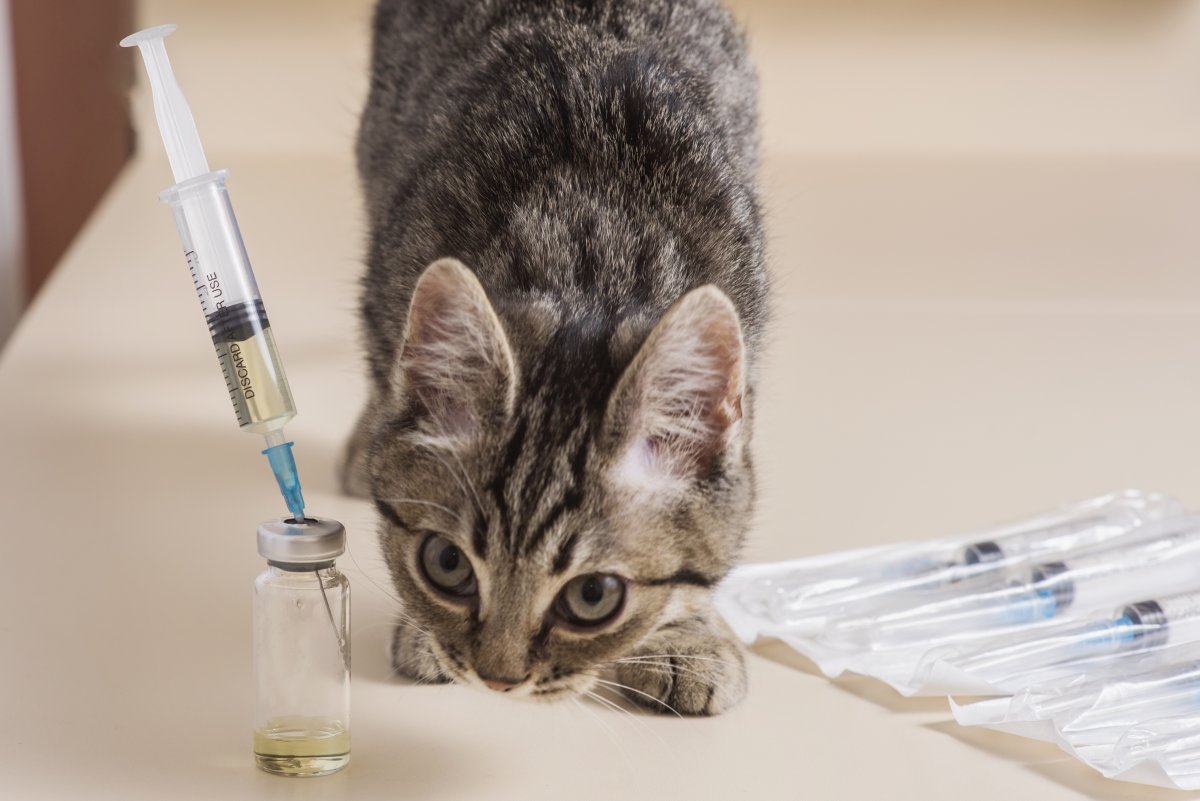

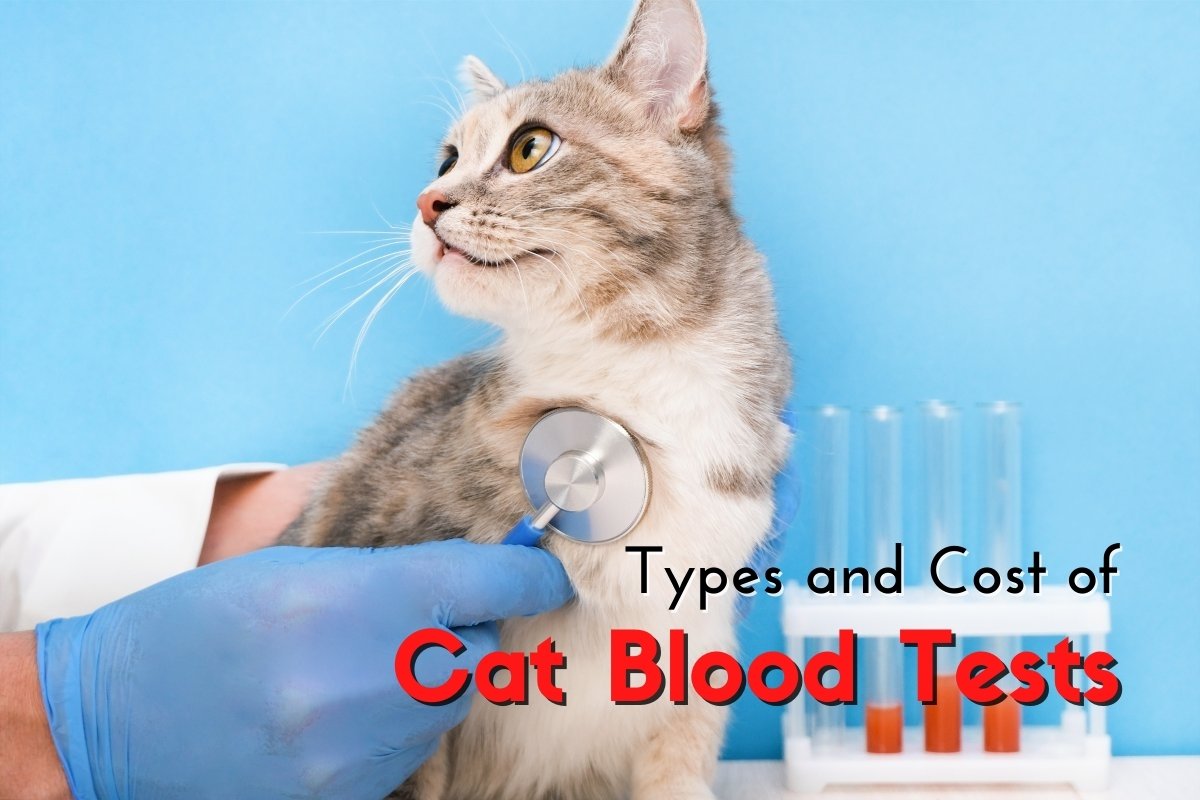

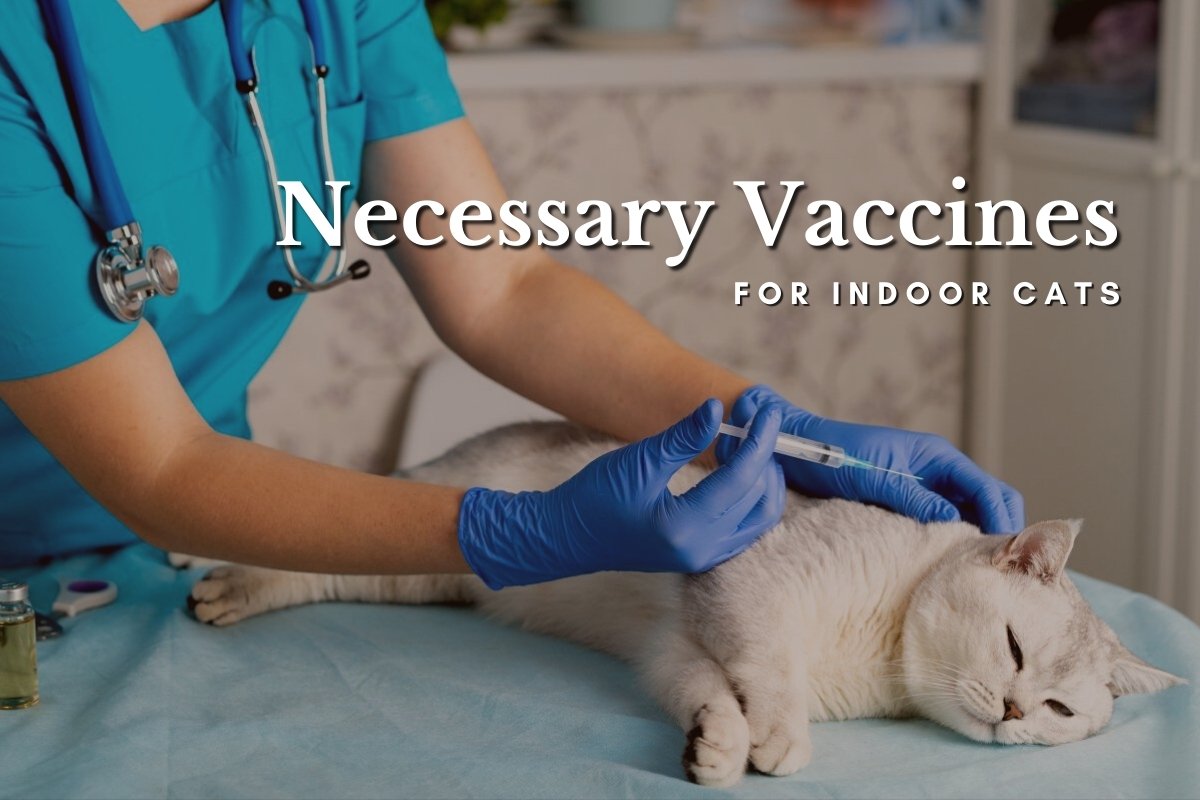

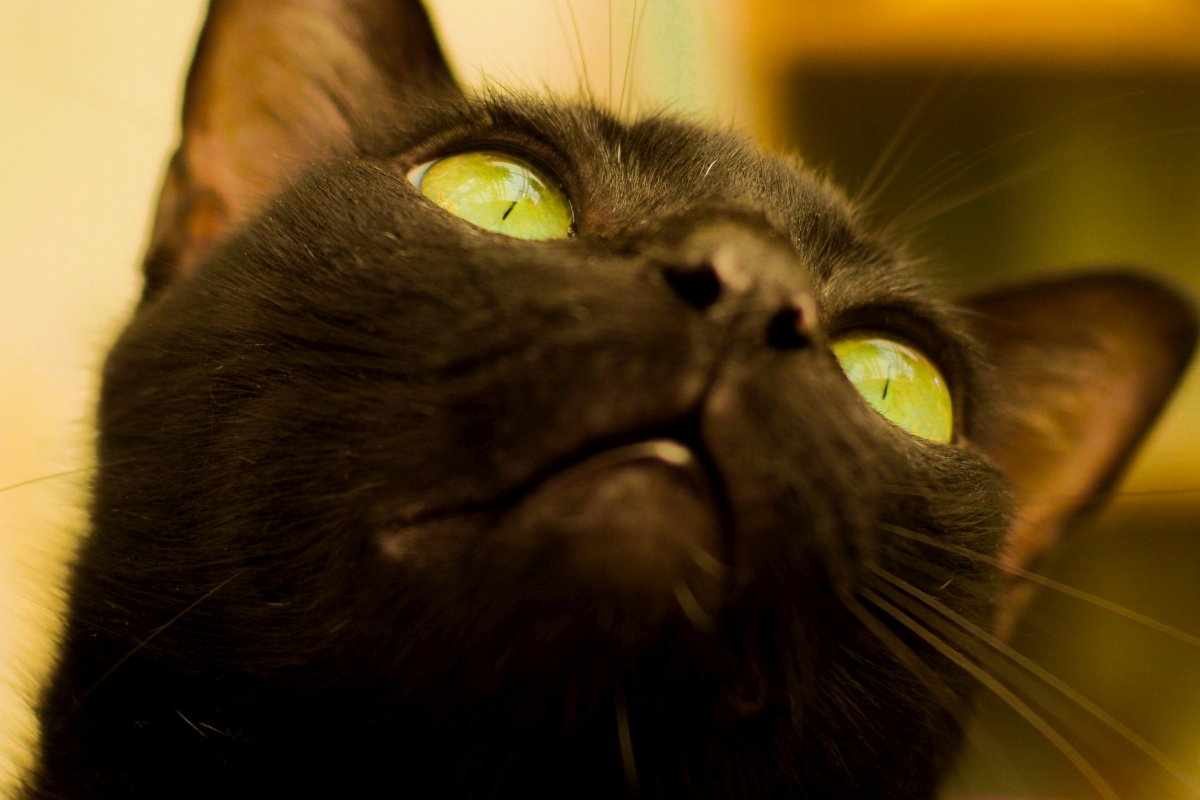
4 comments